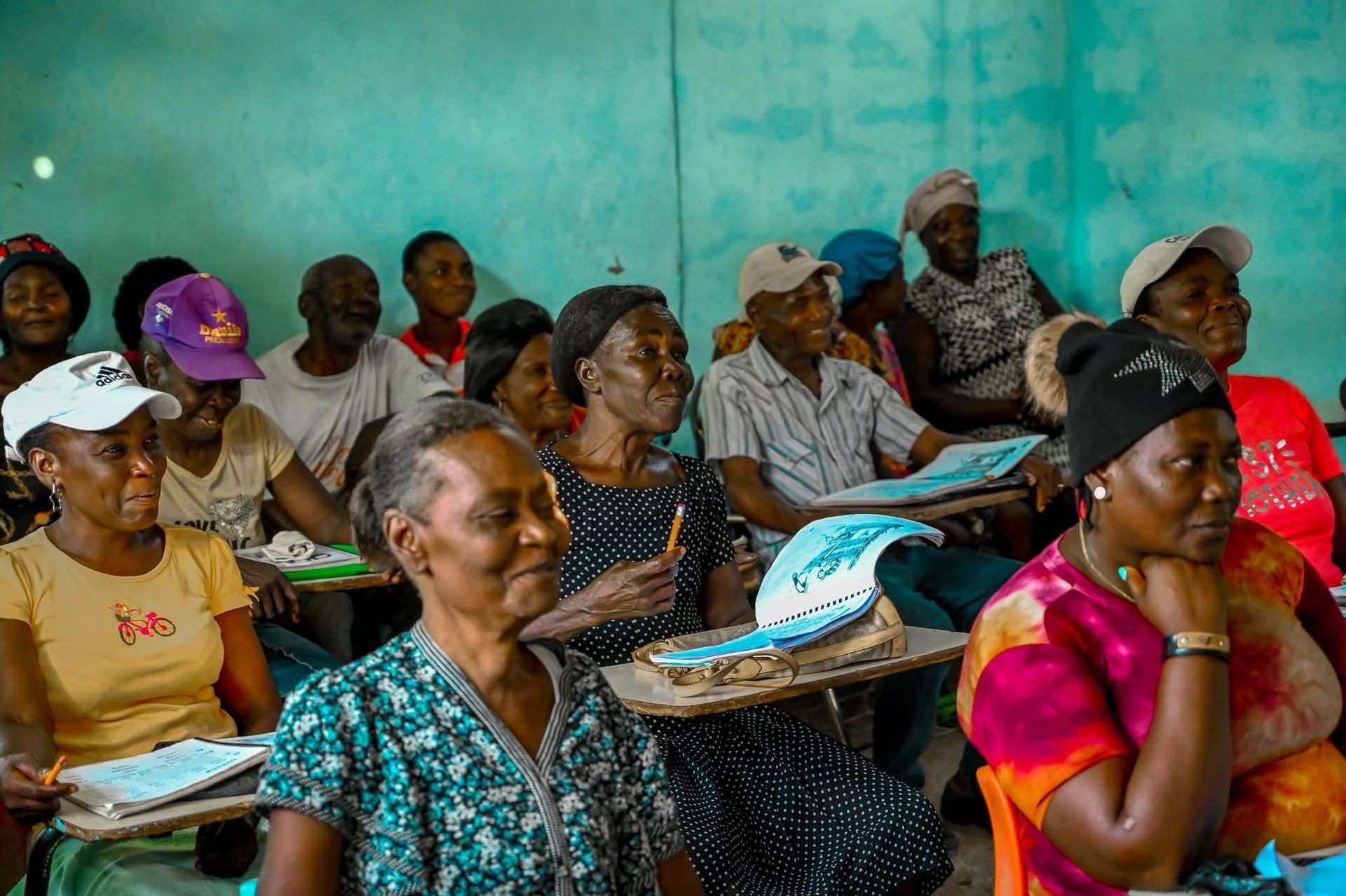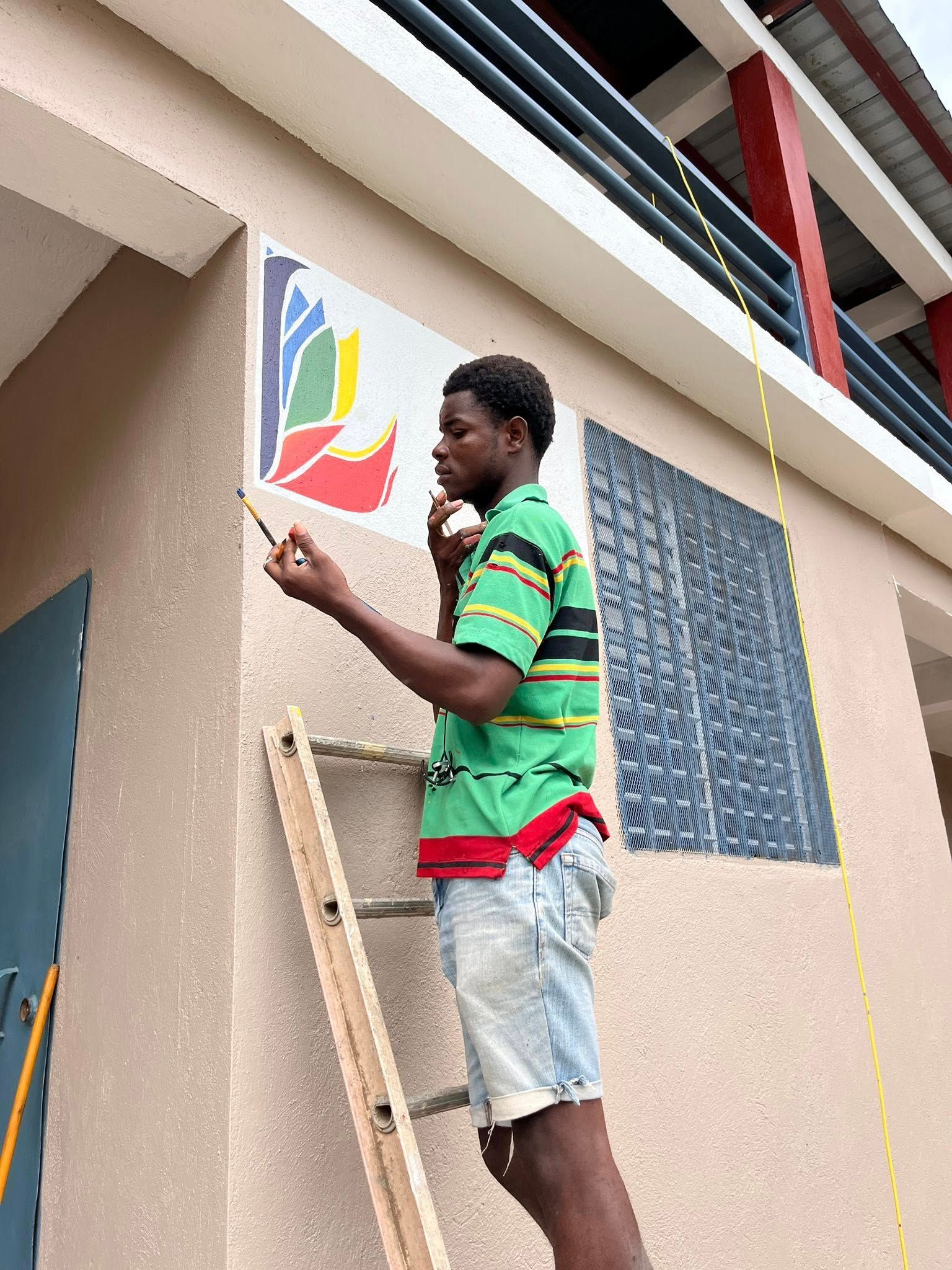The education of women and girls throughout the world is of paramount importance. Educating them will have implications for societies, communities and the world in general. The education of women and girls is a key driver of sustainable development and social progress, and a human rights issue. However, there are still many challenges and obstacles to girls’ education. Inequality and discrimination are still the order of the day. Let’s take a closer look at what this means and what the possible solutions are.
Gender equality and equity
There has been a marked improvement in girls’ education over the last 25 years, and much progress has been made. The latest UNESCO report states that 180 million more girls have enrolled in school. However, when it comes to access to and completion of education in poor countries, there is a gender gap. Girls are less likely to enrol and stay in school, those who do enrol do not complete primary school, and few of those who do complete primary school go on to university.
According to surveys carried out by UNESCO:
- 2018 (130 million girls in the world are not in school)
- 2019 (12 million are married at an early age)
- 2019 (18.5 million girls aged between 15 and 19 become pregnant).
According to article 3 of the preamble to the 1946 constitution: ‘The law guarantees women, in all areas, equal rights with men’ despite this, there is still a long way to go before we can talk about equity and equality between women and men, particularly in education. The GLOBAL EDUCATION MONITORING REPORT (GEM) affirmed this in a report published in 2020 entitled ‘25 years of efforts to achieve gender equality in education’.
Access to education, the main obstacles
Girls and young women are deprived of their right to education. They face various obstacles. These include:
Poverty:
Almost everywhere in the world, children living in poverty encounter difficulties in education, but the stakes are much higher for girls. In families with little money, there are not enough resources to send all the children to school, so the choice goes to the boy or boys in the family.
Ethnicity:
There are also cultural factors that come into play; in some traditions, unfortunately, girls are still assigned to housework, and the focus is on domestic chores rather than their education, as it should be. This favours the education of boys while neglecting that of girls.
Disability:
Disabled girls are doubly victimised because of their status as girls and as disabled children. Education is difficult for them to access, and they are subject to multiple forms of discrimination. Many of them do not go to school, and the quality and treatment received by those who do is questionable.
Child marriage:
Child marriage, most of which is forced, has serious consequences on the lives of young girls, which in turn has repercussions for the community. Married children mean responsibility and dropping out of school.
Early and unwanted pregnancy:
When girls become pregnant, they automatically stop attending school, either because they are stigmatised, marginalised or simply because their institution considers pregnancy to be grounds for dismissal.
Gender-based violence:
So many young girls have had to drop out of school because of gender-based violence. The violence is physical, sexual and moral. It usually happens at school, on the way to school, or on the way to get supplies for the home (fetching water, wood for cooking, etc.).
Educating girls, opportunities and consequences
While there are obstacles to girls’ education, there are also opportunities that could alleviate the problems. If we want a strong society with fulfilled women, we need to educate them, starting in early childhood. Educating girls from early childhood will give them a solid foundation for their learning and their future. They become well-rounded, aware adults. They avoid early marriages and pregnancies that would limit their future prospects.
However, if we are talking about schooling for girls, we need to talk about education that is adapted to the needs of each individual. Many children have access to education on the cheap. Teachers are not sufficiently trained, the environment is inadequate and there is a lack of school infrastructure. Talking about getting girls into school should really mean guaranteeing quality and appropriate education.
Gender stereotypes need to be deconstructed
Girls and boys must enjoy their right to education equally and equitably. (Including pregnant girls and young mothers). Governments must establish an inclusive education system at all levels. Disabled people must fully enjoy their right to education in accordance with Article 24 of the Convention on the Rights of Persons with Disabilities. The same opportunities must be offered to all on an equal basis.
If we want girls to go to school, it must be of good quality and there must be a good infrastructure. Much better hygiene care is needed in schools. The issue of menstrual hygiene should no longer be an obstacle to education, and there must be access to intimate hygiene for girls in schools.
There is no more effective tool for sustainable development than girls’ education
Girls’ schooling is a tool for reducing poverty in their communities, and has economic benefits. According to the World Bank, each year of secondary education enables girls to increase their adult earnings by up to 25%. Education empowers girls and increases their ability to make decisions. An educated woman is much more likely to engage in civic and community activities, and to know and defend her rights.
Getting girls into school will have social, demographic and intergenerational consequences. Educated girls become adult women with better family planning results. Educated women help to improve maternal and child health. Prenatal care increases with the level of education.
An educated woman will pass on her knowledge to her children, who in turn will do the same and perpetuate the cycle. One educated woman can produce a generation of educated men and women. According to the World Food Programme (WFP), education reduced the rate of malnutrition in the world by 40% at the end of the twentieth century. Girls’ education is important in all areas and at all levels. Getting girls into school is, and will remain a sure route to sustainable development, with a new generation of men and women prepared to face the future with hope.
Children’s education and quality of life are influenced by that of their mothers and fathers, but particularly that of their mothers. If we want to break this cycle of inequality, which is so persistent, we need to change the norms now. If the parents’ level of education determines that of their children, then it is in education that we need to invest if we aspire to a new generation of men and women. Educating girls means betting on the future.





